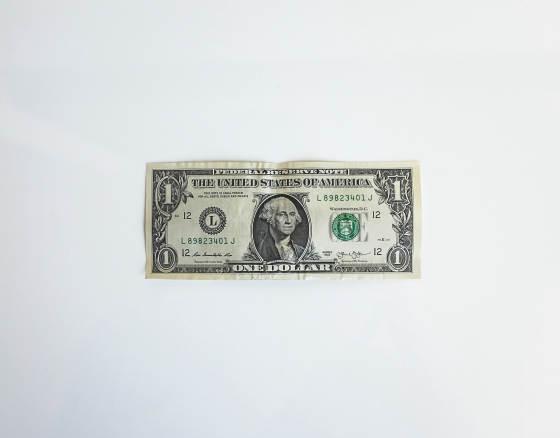The library has started to abolish the late fee system and cancel all debts

by
In the United States, many public libraries charge late fees for book delinquency. However, recent research has revealed that book arrears do not depend on the sense of responsibility but depend on whether or not you can pay. A new initiative has begun to overcome the situation of leaving the library.
City of Chicago :: Mayor Lightfoot and Chicago Public Library Announce Elimination of Late Fees, Outstanding Debt to Increase Access to Libraries Citywide
https://www.chicago.gov/city/en/depts/mayor/press_room/press_releases/2019/september/EliminateLibraryLateFees.html
Chicago eliminates library late fees, forgives outstanding debt
https://www.illinoispolicy.org/chicago-eliminates-library-late-fees-forgives-outstanding-debt/
Are Library Late Fees Useful? Chicago Says 'No.'-CityLab
https://www.citylab.com/equity/2019/10/public-library-late-fees-chicago-san-francisco-equity-access/599194/
According to previous studies in the city of Chicago, 1 in 6 people in Chicago's wealthy northern area could not return library books, compared to 3 people in the poor southern area where there are many colored people. It has been clarified that it rises to one person.
One in five cardholders who are overdue are children under the age of 14. If you pay the arrears fee, poor people cannot pay the arrears fee, so they can't go even if they want to go to the library. For this reason, Chicago Mayor Laurie Lightfoot said that the result is that people who need the library most would be far away from the library. “Like many Chicago citizens, I understand what it means to grow up in an economically troubled family. I understand the value of one dollar with a lot of debt. '
Against this backdrop, the City of Chicago announced on September 30, 2019 that it would eliminate the late fee structure from the Chicago Public Library. As a result, it is no longer necessary to pay late fees that required a minimum of $ 10 (about 1100 yen), and 343,000 cardholders who have already incurred the late fees will cancel their debts. Under the new policy, if the person who borrowed the book is delinquent, the return information will be updated 15 times and then the book will be classified as “lost”. After that, the borrower will be charged for replacement, but if the book returns to the library properly, the fee will be canceled.
The movement to abolish late fees in American libraries is spreading nationwide. If you look at the City Library Council's Fine Free Map , you can see that dozens of libraries have abolished the late fee system. In the map below, orange landmarks indicate no late charges and gray marks indicate libraries with late charges.

San Francisco library was also revised a late fee of policy in September, this is (PDF file)
According to Rogers, research in the 1970s showed concern that abolishing late fees would reduce people's sense of responsibility to return books. In a study conducted in northern California in 1983, it seems that the arrears rate will increase in a short period if the arrears fee is abolished, but it was revealed that there was no significant difference in the later survey (PDF file) It is . Some libraries in San Francisco also found that abolishing late fees would reduce the percentage of people who were late from 4% to 9%.
Rogers stresses that the abolition of late fees is not the only solution, and some libraries have set up “Amnesty Days” where all late fees are exempt. There are also libraries that ask for food donations and volunteer activities instead of money. For many libraries, late fees account for only a small percentage of the operating budget, and in some cases it is possible to save library costs by reducing the time and expense spent collecting late fees. Said.

by NeONBRAND
In addition, Japanese libraries basically do not charge late fees, but they are not directly regulated by law. International Christian University libraries and Keio libraries charge late fees from 10 yen per book per day. Has come to be.
Keio Library | Undergraduate
http://www.mita.lib.keio.ac.jp/services/students.html
Overdue Books / Arrears Charges: International Christian University Library
https://www-lib.icu.ac.jp/HowToUse/Overdue.htm
Related Posts:
in Note, Posted by darkhorse_log







